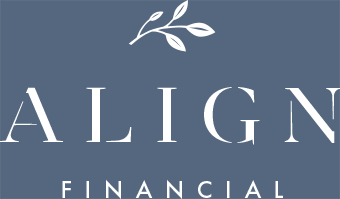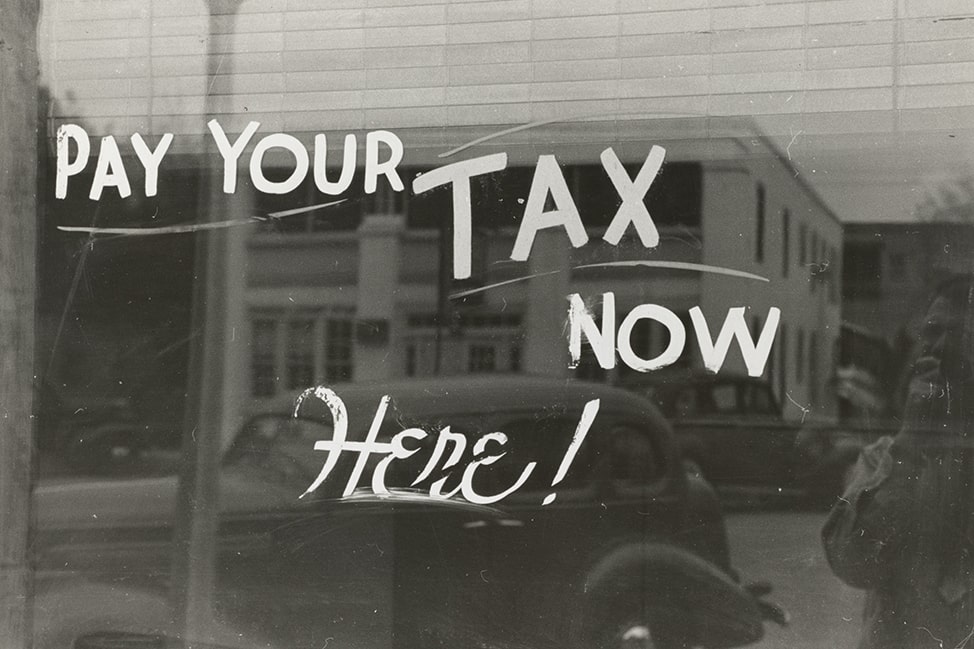We all know the famous Benjamin Franklin quote about death and taxes. It’s true that few things in this world can be predicted with certainty. However, with Joe Biden officially in office, a new administration in the White House, and a Democrat-controlled Congress, I think there’s one thing we can say for certain about 2021—it will look very different than 2020.
Biden ran his presidential campaign on a number of proposed policies that, unsurprisingly, would reverse many of the policies effected during Trump’s presidency. Topping the list, a proposed tax increase that would:
- Raise the marginal income tax rate from 37% to 39.6% for those making more than $400,000 annually
- Raise corporate taxes from 21% to 28%, and a 15% minimum book tax
- Tax long-term capital gains and qualified dividends at the ordinary income tax rate of 39.6% on income above $1 million (Currently, in 2021, individual filers won’t pay any capital gains tax if their total taxable income is $40,400 or less. The rate jumps to 15% on capital gains if their income is $40,401 to $445,850, and above that income level the rate climbs to 20%.)
Naturally, we all tend to have concerns whenever broad policy changes are proposed— especially on a hot-button issue like taxes. Even those who don’t exceed the proposed income thresholds are worried about the impact a corporate tax hike would have on the stock market. If you fall into either of these categories or are simply curious how a Biden tax increase could affect your personal finances or investments, keep reading.
What’s the Likelihood of a Biden Tax Increase?
The good news is any big changes to tax policy are unlikely to happen immediately. Many analysts believe fiscal stimulus to repair the economic damage from the coronavirus pandemic will likely take precedence over a tax hike. If that’s the case, a Biden tax increase doesn’t look likely until 2022.
Even then, Democrats likely won’t have the autonomy to implement sweeping policy changes—a fear many people have now that they’ve won control of the Senate. Given such thin margins in both houses of Congress, any proposed tax increases will have to appeal to progressive and moderate Democrats alike to earn widespread support from their side of the aisle.
For example, experts believe moderates may oppose raising the corporate tax rate from 21 percent to 28 percent and a proposed capital gains rate hike given the negative impact these measures could have on an economic recovery. It’s more likely President Biden would draw bipartisan support for a corporate tax increase through technical changes to existing tax laws—for example, the treatment of corporate deductions.
In addition, a recent study by the Tax Foundation found that raising the capital gains tax would have minimal impact on raising revenue compared to Biden’s other proposed increases. Not to mention, increases to long-term capital gains rates tend to have unintended effects on stock market efficiency since they discourage investors from selling their investments at opportune times.
All of these factors suggest that while you may see changes at the margins, a complete overhaul to your current tax situation isn’t likely in the near term.
How a Biden Tax Increase Might Affect You If You’re a High-Earner
If you’re in the high-earner category, it’s more likely you’ll see an uptick in your taxes in coming years. Although tax increases are often expected from a Democratic
administration, Biden has stated explicitly that his proposed individual tax hikes will only impact households earning more than $400,000.
In reality, Biden’s proposed increase would simply accelerate the rollback already built into the Tax Cut & Jobs Act (TCJA), which lowered the top rate from 39.6% to 37%—at least for those who fall into the highest earner category. When the TCJA was passed in 2017, it included provisions for almost all individual tax cuts to expire at the end of 2025.
However, high earners may see a few other changes besides their individual tax rate returning to its pre-TCJA level more quickly. Biden has also talked about increasing payroll taxes and extending the 12.4% portion of the Social Security tax—which is shared by both the employee and employer—to earnings over $400,000.
In addition, there’s the possibility of limiting the value of itemized deductions for all tax payers above the 28% income bracket. This would of course make it more challenging for high earners to offset their income to lower their overall tax bill.
Lastly, Biden has proposed taxing capital gains and dividends at the same rate as ordinary income for taxpayers with incomes above $1 million, as well as taxing unrealized capital gains at death. Although this part of his plan seems less viable at the moment for reasons mentioned above, it would dramatically increase taxes for individuals who earn the majority of their income through investments.
How a Biden Tax Increase Might Affect You If You’re an Investor
Prior to the November 2020 election, I wrote about how historically, elections and party leadership have little to no correlation with the subsequent performance of the stock market. The primary takeaway was that markets prefer a divided Congress, regardless of which party wins the White House.
So, it’s not altogether surprising that the market has continued to roar since Biden’s election was made official. Even though Democrats flipped the Senate, Congress is more evenly divided than before. Meaning, regardless of your political leanings, the current makeup of the House and Senate bodes well for stock returns—historically speaking.
Unfortunately, there’s always a caveat. While politics may not have much of an impact on market performance, corporate earnings tend to be a strong driver of stock prices. Many experts are worried that a corporate tax increase as proposed by President Biden would represent a larger risk to earnings than the pandemic. For instance, Goldman Sachs warns that a Biden tax increase, combined with an expected drag on GDP, would lower next year’s S&P 500 earnings-per-share by $20 to $150. In other words, stocks likely wouldn’t fare well under a corporate tax hike.
What You Can Do to Prepare
No matter how you feel about our new President’s proposed policies, now’s not the time to panic or become complacent with your finances. While none of us can predict the future with certainty, it helps to have an understanding of the potential risks that lie ahead so you can prepare accordingly.
First, if you’re a high earner worried about your tax rate going up, you can take steps to realize income sooner rather than later. For example, in certain situations a Roth IRA conversion could be a good way to lower your future tax bill. But this works best if you believe your tax rate will increase in retirement, which is not always the case.
The conversion itself will generate a tax bill in the year you make the election, but you’ll be able to make tax-free withdrawals throughout retirement. Another interesting benefit of adding to your Roth IRA: it can be passed on to beneficiaries tax-free if the account has been open for at least five years—an added benefit if you don’t see yourself drawing down all of your assets in retirement.
In addition, now is a good time to check in on your investment strategy to make sure your portfolio is still in line with your risk tolerance. If you haven’t rebalanced your portfolio in awhile, taking gains now and realigning your investments with their target weights can help reduce the impact of a market downturn. And if you’re nearing retirement and your portfolio still looks like it did when you signed up for your retirement account, you may want to scale back your equity exposure. A big hit to your portfolio just prior to retirement can be very difficult to recover from, as we saw in 2008.
You Don’t Have to Go It Alone
Finally, be sure to consult your tax or financial advisor prior to making any big changes to your financial plan. It’s important to remember that these events are cyclical and to be expected over time. However, the benefit of working with a professional is that he or she can help you anticipate these cycles so you can minimize any damage and take advantage of any opportunities that may benefit your situation.
This is the work we do with our private clients every day. We evaluate their financial situation to understand how changes to tax law might impact their short- and long term-plans, and which financial, investment or tax strategy might work best for them.
If you have questions about your current tax plan or investment strategy, please don’t hesitate to get in touch. We want to help you feel better about your financial future.













